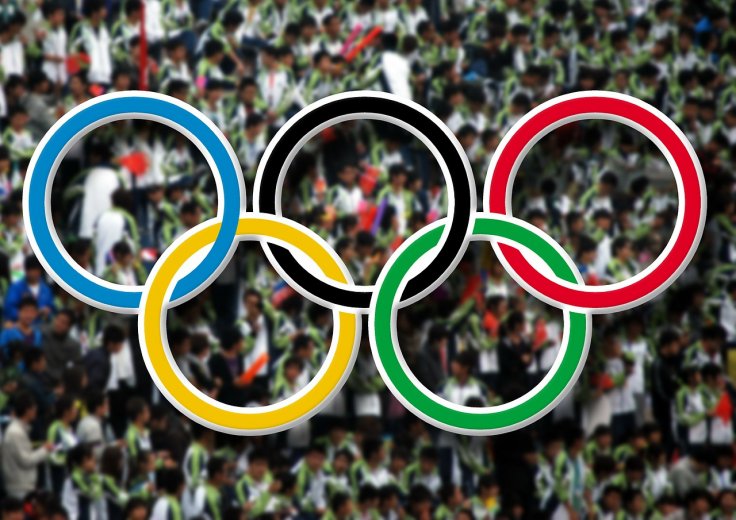The organizers of the Tokyo Olympics said on Friday that event will utilize the same venues and stick to a nearly similar competition schedule as the one planned to be held this year originally, which was postponed to the escalating COVID-19 pandemic.
Toshiro Muto, CEO of Tokyo 2020, "Today, we are able to report that we have confirmed both the competition schedule and the use of all venues originally planned for this year, including the venue for the athlete's village and the main press center."
Too Early To Confirm Details
However, organizers told an IOC session held by video conference that it was too early to give details on coronavirus prevention measures during the Games or on whether events would be in full or partly-full stadiums, or behind closed doors.
The International Olympic Committee (IOC) and the Japanese government decided in March to postpone the Games until 2021 and organizers have been working to rearrange an event for almost a decade in the making. The Olympics had been set to begin on July 24 this year.

The new schedule means women's softball will get competition underway at 9 a.m. (0000 GMT) in Fukushima on July 21, two days before the Games officially opens, with all events taking place a day earlier than the 2020 schedule. There have also been some minor changes to session times.
The Biggest Ever Olympics
The Games are set to be the biggest ever in terms of events, with a record 339 medals available before the closing ceremony on August 8, although organizers say they will be simplified. Muto said all of the 42 venues have been secured, overcoming one of the biggest hurdles for organizers as many had already been booked for 2021.
This means the marathon and race walking events will remain in the northern city of Sapporo after being controversially moved out of Tokyo because of anticipated scorching summer heat. One of the biggest questions concerns how many people will be able to travel to the Games and watch the events.
"This is of course one of the scenarios we have to look into because this has to do with travel restrictions and quarantine and it's too early to tell," said IOC president Thomas Bach, speaking from the organization's headquarters in Lausanne.
"We would like to see stadiums full of enthusiastic fans to give them all the opportunity to live the Olympic experience support the athletes, and this is what we are working for," added Bach, who earlier said he was prepared to stand for re-election next year. "We cannot address the details yet....There cannot be a solution today, this is asking too much."
A Humongous Task
John Coates, the head of the IOC's coordination commission, said that securing the venues had been a "massive task". "We are talking about venues in different ownership," he told the session. "We are talking also of securing the Olympic village which has been constructed by a consortium of 11 different companies, who have agreed to put back the date when they will be able to hand over the apartments to the public."
The next challenge for Tokyo organizers is developing measures to help prevent a COVID-19 outbreak during the Games and how much the delay will cost Japanese taxpayers. Muto said decisions would be made on these issues in the autumn. "We will be having a full-fledged discussion over COVID-19 countermeasures," he said.
"But, as an example, the topics and themes we may discuss are immigration control, enhanced testing structures and the establishment of treatment systems and measures against COVID-19 in the areas of accommodation and transport."
(With inputs from agencies)









